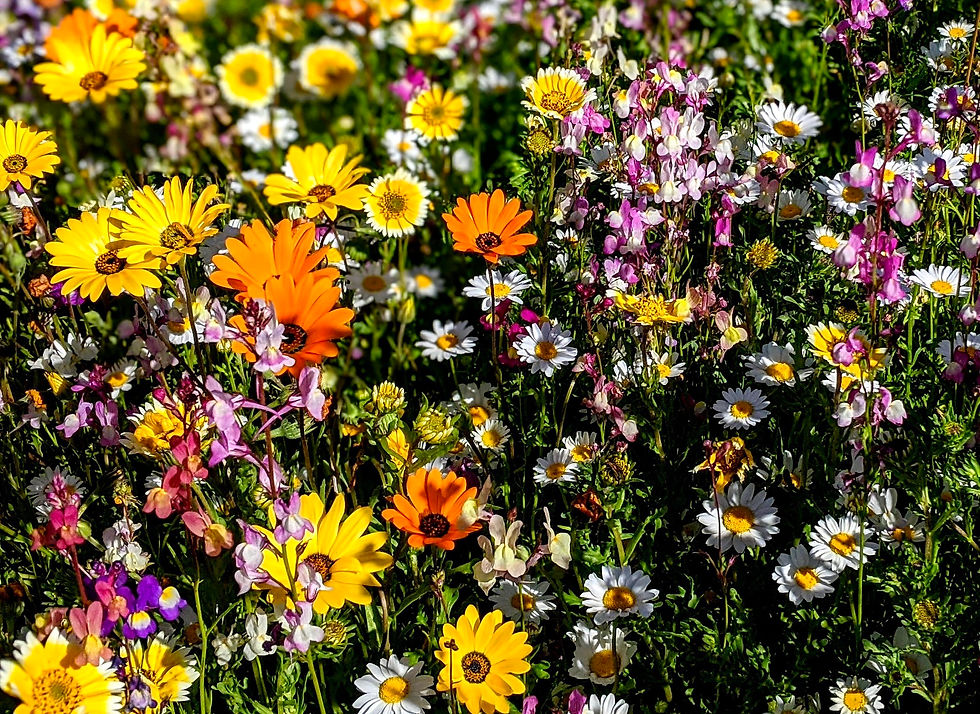How To Order: Quantity options listed represent bulk weights. Examples: 1 = 1 lbs, 25 = 25 bs.
Common Name: Spiny Hopsage
Scientific Name: Grayia spinosa
Native / Introduced: Native
Main Uses:
~Wildlife habitat improvement
~Revegitation of disturbed soilHeight: 1-4 feet
Colors: Light green flowers
Flowering Season: April-July
Soil Types: All soil textures including shallow and rocky
Elevation: 1,000 to 7,500 feet
Tolerances: Alkali, salt and drought
Sun or Shade: Full Sunlight
Minimum Precipitation: 6-8 inches
Lifecycle: Perennial
Estimated Seeds Per Pound: 161,000
Optimal Planting Season: Fall
Planting Depth: 1/4 inches
Stratification Required: Store in freezer and plant in fall to ensure natural stratification
Description
Spiny Hopsage, a deciduous shrub resembling Fourwing Saltbush, is characterized by its spinescent nature and maturing seed pods displaying vibrant hues of green, yellow, and pink. The shrub boasts bright pink flowers that adorn its stems, blooming from spring through summer. Thriving in the arid regions of the western United States, Spiny Hopsage is resilient, adapting to elevations ranging from 1,000 to 7,500 feet. Its versatile presence extends across various soil textures, including shallow rocky soils, and it is commonly found in dry shrublands of valleys and foothills, particularly on sandy, alkaline soils below 5,000 feet.
This hardy shrub serves as a valuable resource for wildlife, offering good palatability to sheep, deer, and goats. With notable grazing tolerance and the provision of crucial habitat, Spiny Hopsage is utilized for wildlife habitat enhancement and soil revegetation in disturbed areas. While resilient to grazing, excessive use can impact its survivorship. Land managers keen on bolstering rangeland health and fostering diverse wildlife habitats often turn to Spiny Hopsage, leveraging its spinescent structure and resilience.
Mature Spiny Hopsage shrubs exhibit enhanced wildfire tolerance post-summer leaf fall, capable of resprouting from surviving root crowns. Possessing deep roots, the species showcases remarkable drought tolerance and can endure harsh conditions and is known for being winter hardy.
Resources
NRCS Plant Profile: https://plants.usda.gov/home/plantProfile?symbol=GRSP
top of page
$65.00Price
Related Products
bottom of page



























